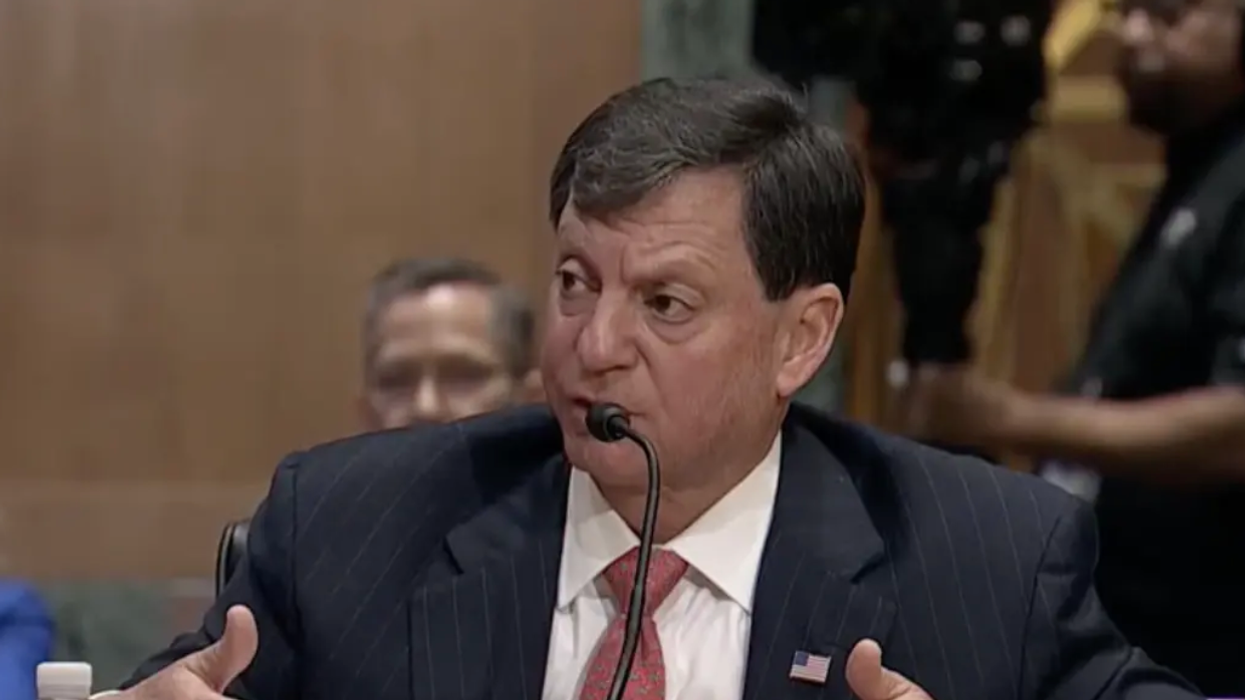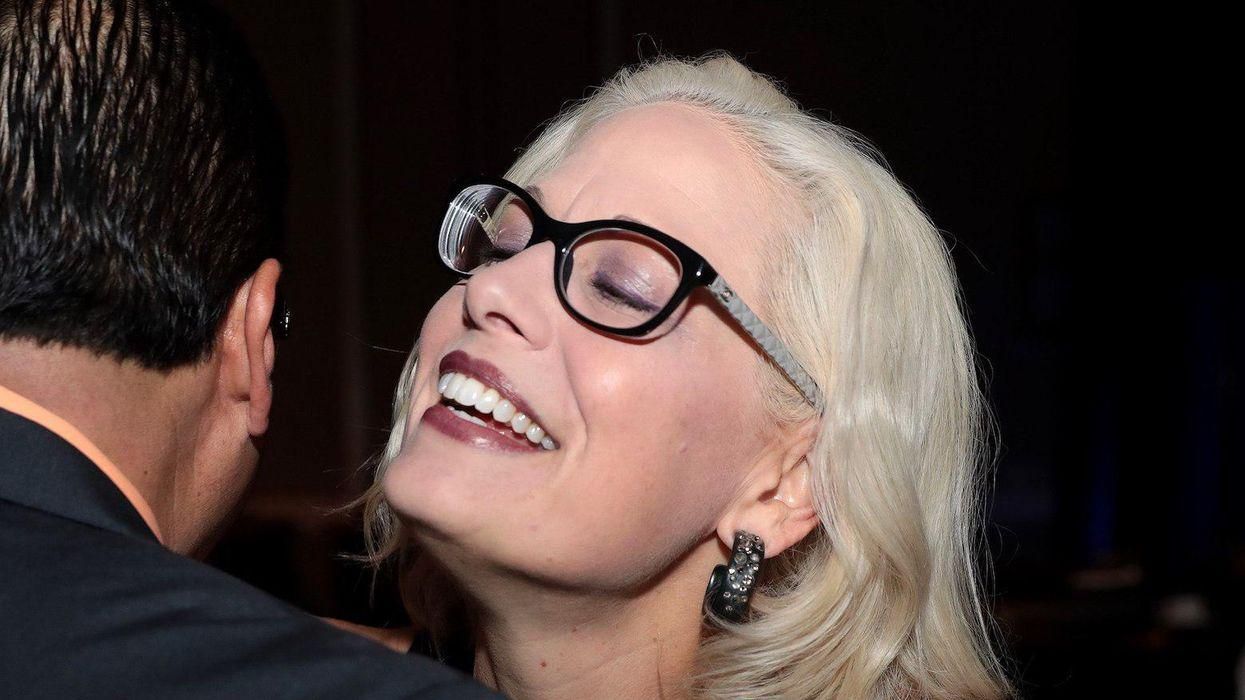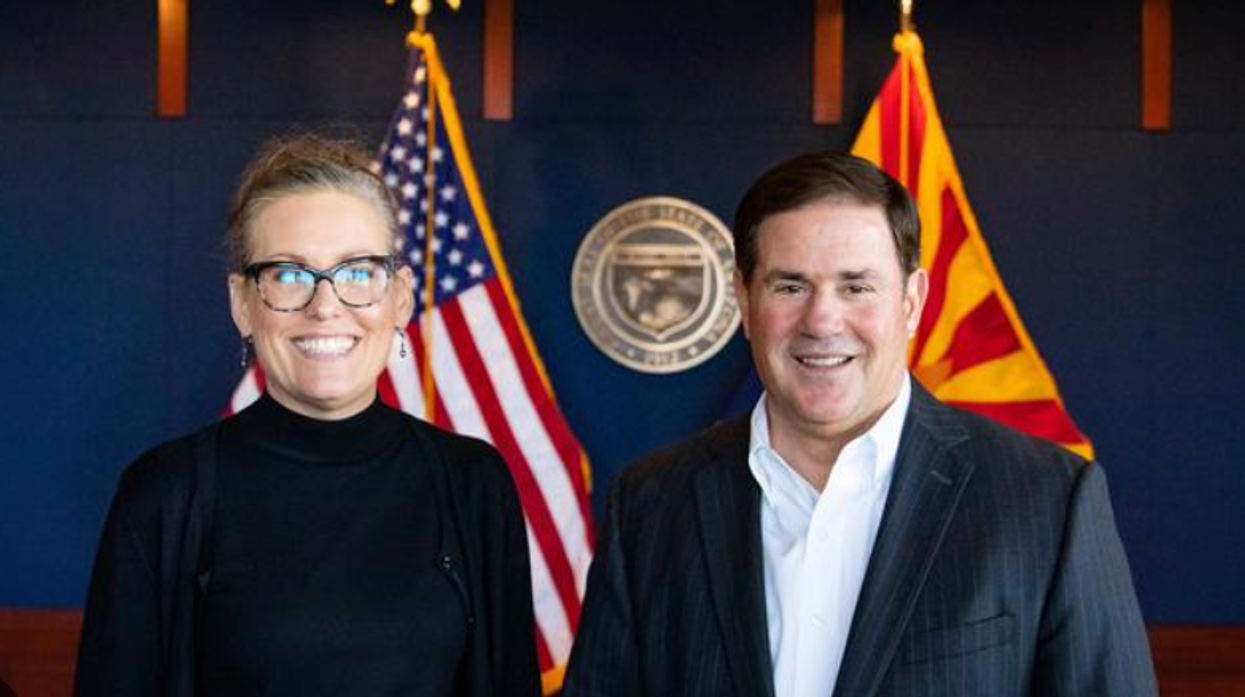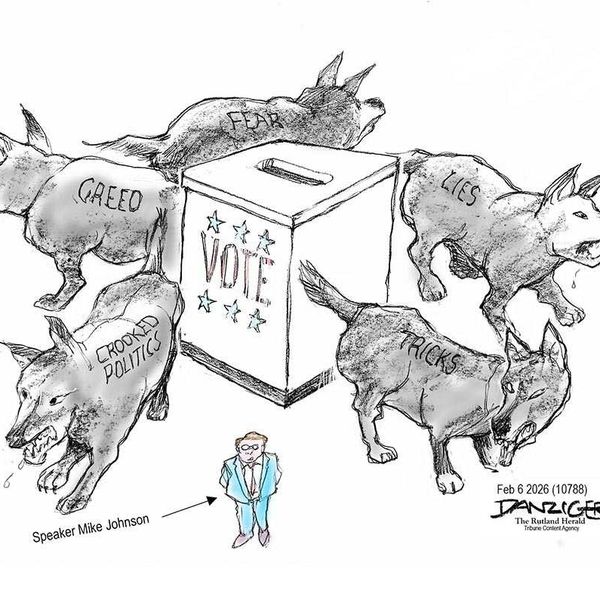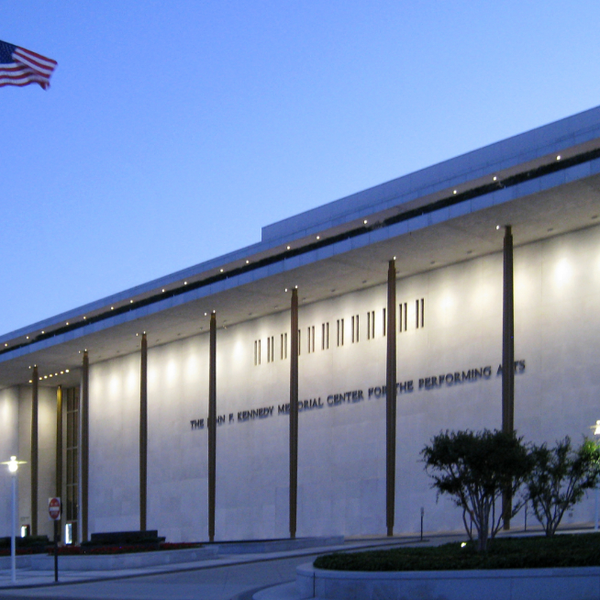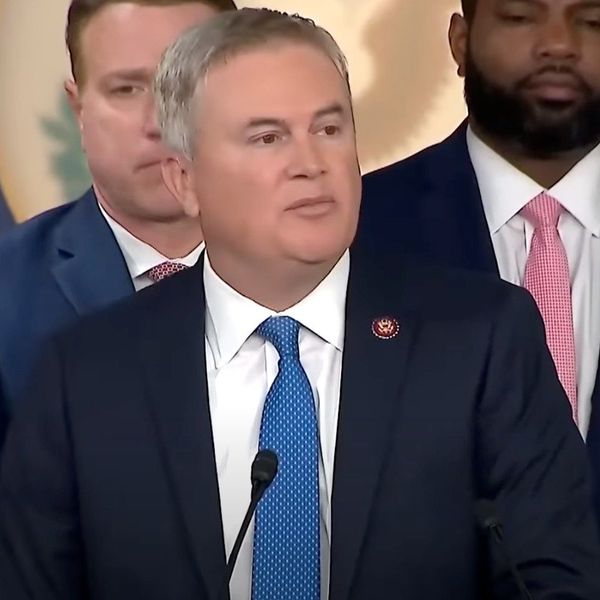House Republicans Urge New Social Security Chief To Act With 'Caution'
After financial services executive Frank Bisignano was confirmed this week to lead the Social Security Administration (SSA), a group of 15 House Republicans is now urging him to seriously address some of the lingering issues within the agency — including problems exacerbated by President Donald Trump's administration.
The Arizona Republic recently reported that a group of 15 House Republicans who are predominantly from swing districts co-signed a letter to Bisignano about their "concerns" with the SSA following his Tuesday confirmation vote. In the letter — which the Republic's Laura Gersony observed "alternated between praise and polite uneasiness" — the lawmakers told Bisignano that they hoped he would use his time as commissioner to focus on improving the SSA's increasingly poor customer service.
"We commend and support the continued efforts to make our bloated bureaucracy more efficient for the American people," the 15 Republicans wrote. "However, we must use caution and consider the impact any changes would have so there are no disruptions in services for our seniors and disabled who depend on the Social Security Administration to receive retirement benefits and supplemental security income."
The letter comes on the heels of a statement by former acting SSA commissioner Leland Dudek, who led the SSA after former acting commissioner Michelle Wolf resigned in February after she clashed with Department of Government Efficiency (DOGE) representatives. Dudek acknowledged the long wait times and packed lobbies that have long plagued retirees — but blamed them on former President Joe Biden's administration "advancing radical DEI [diversity, equity and inclusion] and gender ideology over improving service for all Americans."
Dudek also spearheaded an effort to downsize the SSA's 57,000-member workforce, and convinced roughly 3,000 of them to take buyouts. Last month, the SSA announced that all official communications would be done exclusively through X (which is owned by DOGE co-founder and Tesla CEO Elon Musk) rather than issue press releases. DOGE also cancelled leases for SSA offices in multiple rural communities, meaning that retirees and disabled people who depend on Social Security now have to drive for several hours to their nearest office just to have basic questions answered.
Advocates warned that those measures could result in eligible recipients losing benefits they are entitled to through no fault of their own, given that many beneficiaries are elderly and may not have the ability to use new technology or leave their home to travel to an SSA office.
""I wish I had a better answer for people, but this is going to end in checks not going out, the money that we have earned not getting into our hands," Social Security Works executive director Alex Lawson told MSNBC host Rachel Maddow in April. "And I believe strongly that that's the point. The cuts they've made have no other rhyme or reason except to literally destroy the system."
Reprinted with permission from Alternet.

